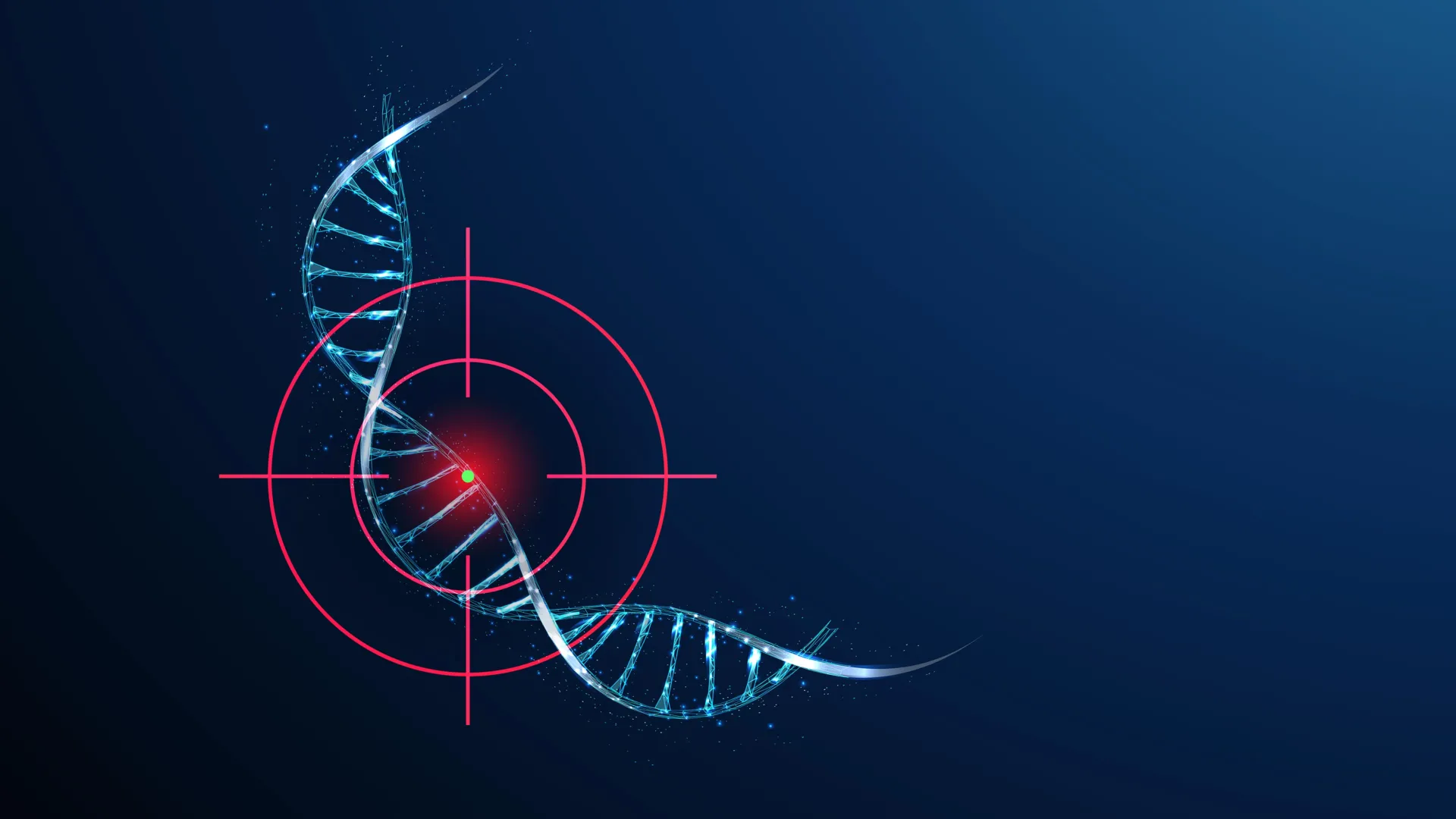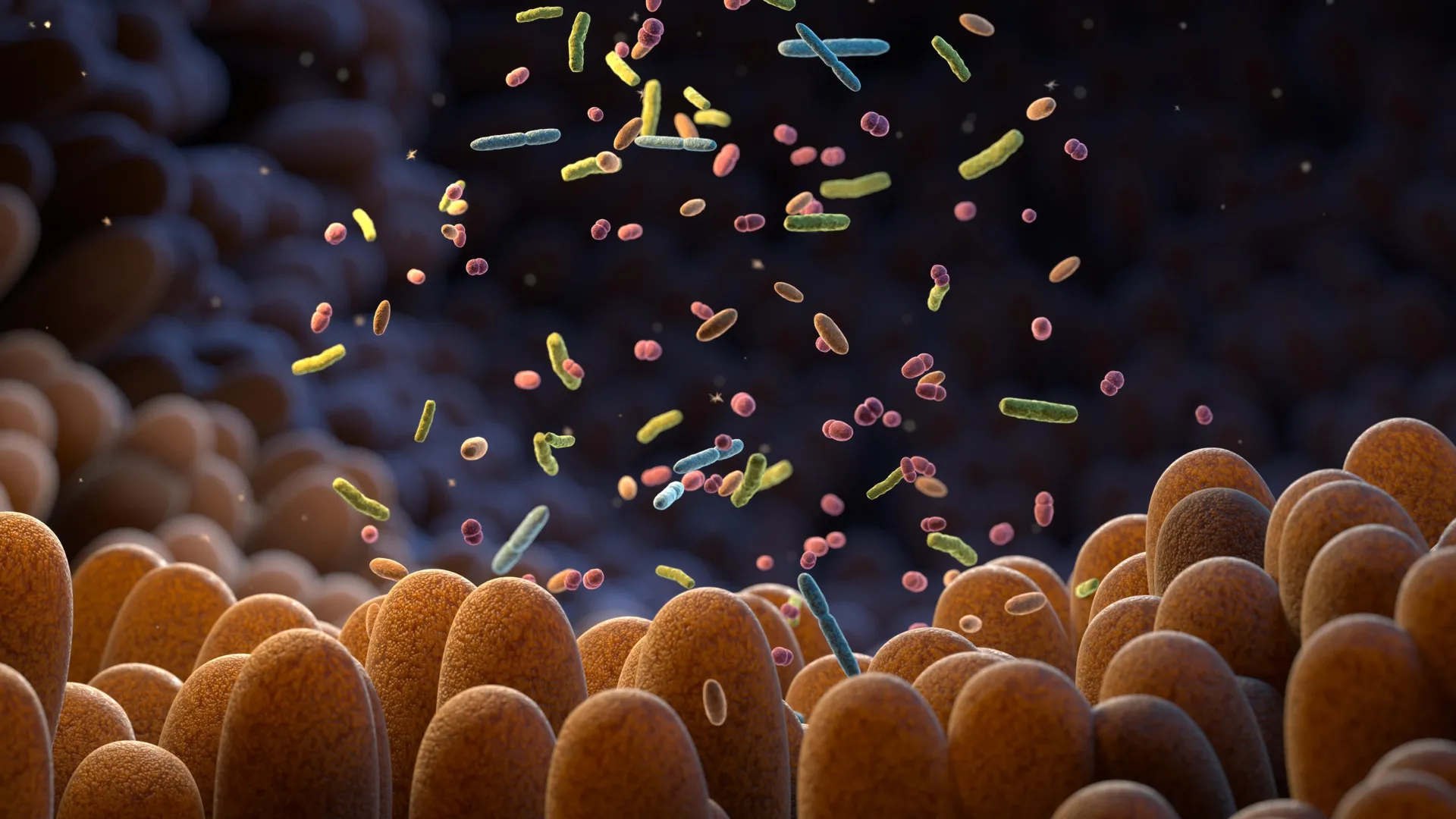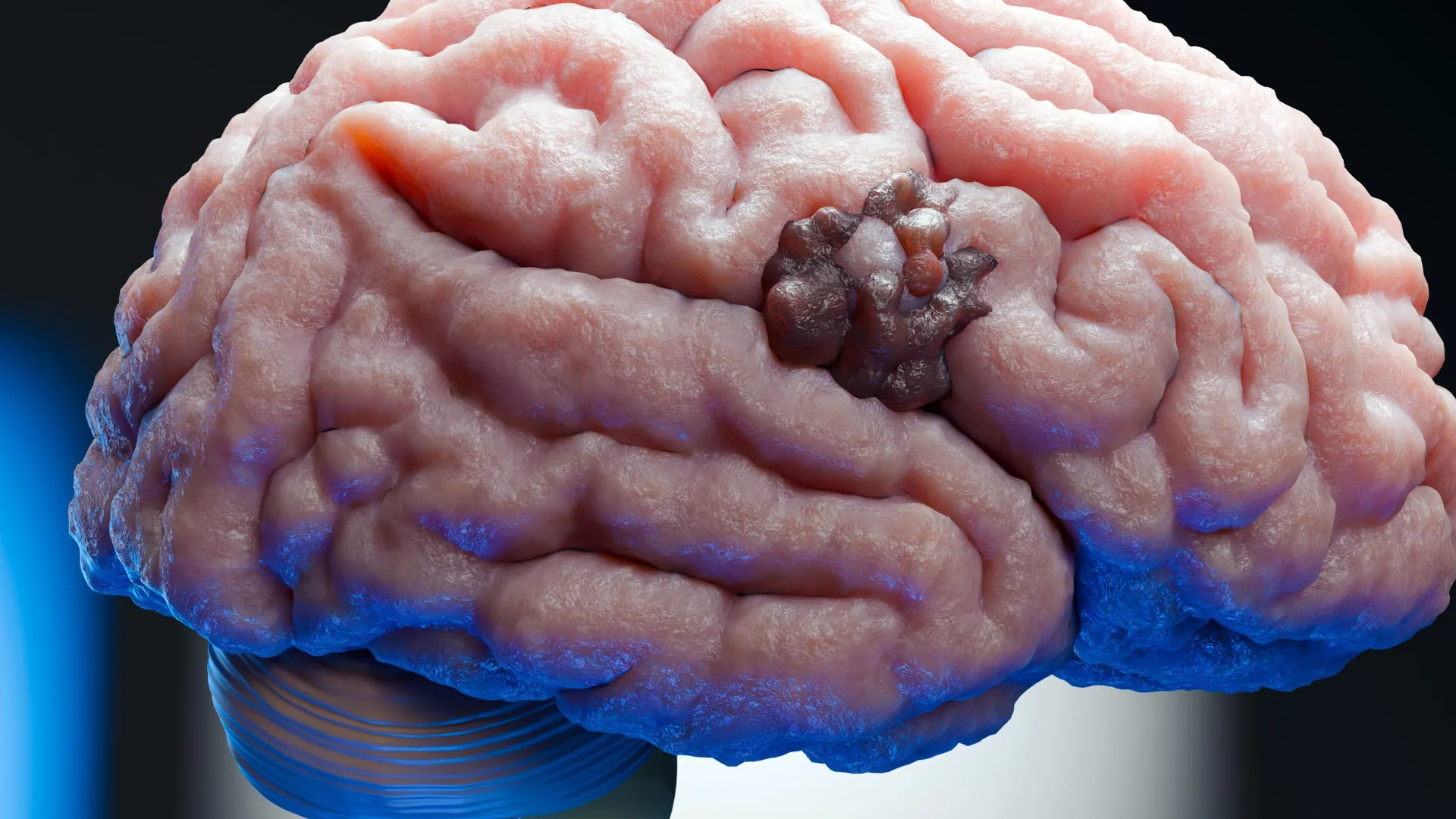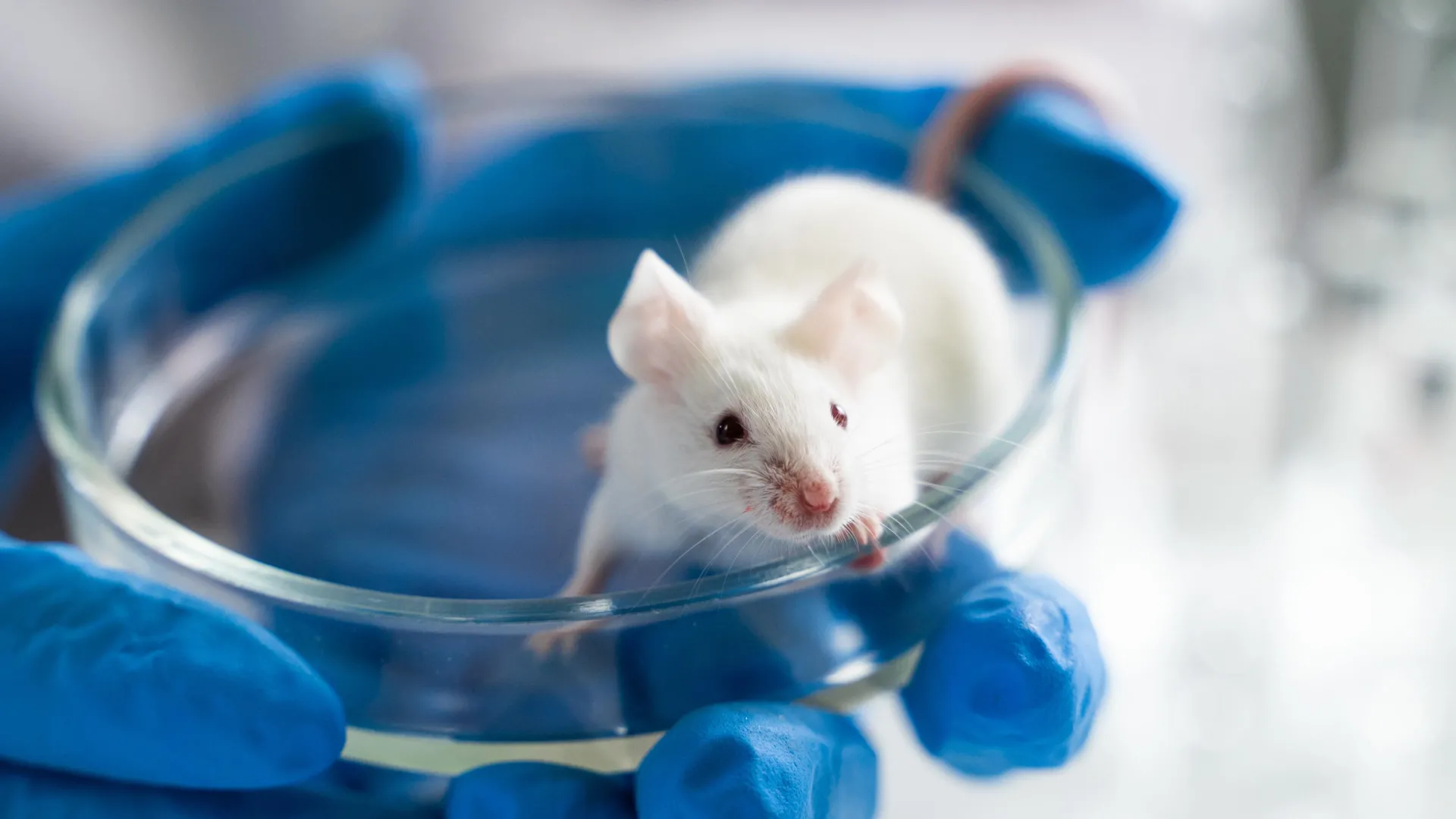Do not schedule eight AM classes. Communicate with your roommate. Wash your bedding regularly. New college students hear countless tips as they prepare for campus life. Among them, one warning appears again and again: the idea of the “freshman 15.” Many people treat weight gain in the first year…
Category: 5. Health
-

Medical Experts Warn About CDC’s ‘Disproven’ Autism-Vaccine Messaging
Clear communication about vaccine safety remains essential as medical organizations respond to recent changes in the CDC’s autism-vaccine messaging. Medical and public health experts warn that consistent, evidence-based communication is key to maintaining confidence in childhood vaccination.
Continue Reading
-

Monthly Injection Reduces Need for Steroids in Severe Asthma
Monthly injection with tezepelumab helped 90% of patients with severe asthma reduce intake of daily steroid tablets. The corresponding study was published in The Lancet Respiratory Medicine.
“In this International, multicentre clinical trial of more than…
Continue Reading
-

A long-overlooked weak point in your DNA has just been revealed
Researchers have pinpointed specific areas of the human genome that are unusually susceptible to genetic changes. These altered segments can be inherited by future generations and have important implications for how scientists investigate genetics and disease.
The vulnerable regions sit at the…
Continue Reading
-

Is your gut being poisoned? Scientists reveal the hidden impact of everyday chemicals
A large laboratory investigation of human-made chemicals has revealed 168 substances that are harmful to bacteria normally found in a healthy human gut. These chemicals interfere with the growth of microbes considered essential for maintaining good health.
Many of the substances identified in…
Continue Reading
-

A 70-year-old pregnancy drug just revealed a hidden weakness in brain cancer
Over the last 70 years, hydralazine has been an indispensable tool in medicine — a front-line defense against life-threatening high blood pressure, especially during pregnancy. But despite its essential role, a fundamental mystery has persisted: no one knew its “mechanism of action” –…
Continue Reading
-

Scientists boost lifespan by 70% in elderly male mice using simple drug combo
A recent cover article in Aging-US, titled “Sex-specific longitudinal reversal of aging in old frail mice,” highlights a promising new direction in longevity research.
The work, led by first author Cameron Kato along with corresponding author and Aging-US Editorial Board Member Irina M. Conboy…
Continue Reading
-

Trump May Have A Health Plan But Fellow Republicans Balk At Part Of It
President Trump may have a plan to fix Obamacare, including an extension of premium subsidies and reform of the program. But fellow Republicans are balking at part of the proposal. (Photo by Kevin Dietsch/Getty Images)
Getty Images
With just a few weeks left to reach a deal to avoid expiring…
Continue Reading
-

Reagan And Koop Confronted AIDS. Trump And RFK Jr Ignore It
Forrmer Surgeon General C. Everett Koop (Photo by © Wally McNamee/CORBIS/Corbis via Getty Images)
Corbis via Getty Images
December 1 was World AIDS Day. For the first time since this global event was established in 1988, the United States government declined to observe it.
Around the world,…
Continue Reading
-

WHO Formally Recognizes Cannabis Use Syndrome, Spiking 650% Since 2016
A person smokes marijuana during a 420 celebration at Washington Square Park in New York City on April 20, 2024. April 20 is an unofficial international counterculture celebration of cannabis. (Photo by Leonardo Munoz / AFP) (Photo by LEONARDO MUNOZ/AFP via Getty Images)
AFP via Getty Images
In a…
Continue Reading
